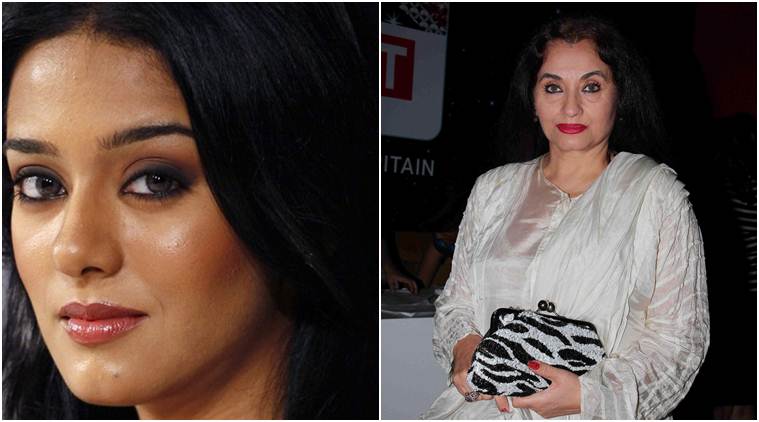

The album was a trendsetter in terms of its contemporary lyrics. “I was able to work on it only because I was familiar with western pop, so my language was idiomatic and contemporary.” “It was tough because the structure of a pop or rock song is distinct from that of a conventional Hindi film song,” Khanna says. “I was one of the first to mix Hindi, Urdu and Hindustani,” says Khanna, who has also worked with disco and Indian pop icon Biddu. Barring a couple of pensive numbers, most of the songs are peppy and fast-paced.įor Khanna, then 30, it was an opportunity to break the mould. They also have elements that are uniquely Indian: young love and the fear of social disapproval. The playful lyrics speak of the headiness of first love, a lovers’ tiff, separation and yearning, and the thrill of romantic encounters. So Dancing Queen became Meetha Mazedar, Mamma Mia turned into Toba Toba, and Money Money Money into Kabhi Kabhi. The lyrics are in Hindi, but share the earworm quality of the original. Instead of imitating ABBA’s style, the sisters gave their own girlish rendition of the popular melodies. “I remember we worked very hard,” says Salma. The eight-track album was arranged and recorded in one hectic week. “Songs such as Mamma Mia were already my favourites.” The Agha sisters were trained in Hindustani classical music, and Salma had already sung for BBC London and recorded an album of ghazals penned by her mother Zarina Agha. “It was such a popular group at the time in the UK,” recalls the actor, now based in Mumbai. Salma, who was studying in a school in London’s Hampstead, says the novelty of the proposal excited her. After Gohil bought the rights of the original tracks, Khanna suggested the Agha sisters, having worked with Salma for a film titled Naya Johnny, which was never released despite its star-studded cast of Dev Anand, Hema Malini and Shammi Kapoor.

ABBA, which had dominated the last decade with catchy numbers such as Dancing Queen, Mamma Mia and Super Trouper, was an obvious choice for the second. Amit Khanna, a lyricist and executive producer with Dev Anand’s Navketan Films, was commissioned to write original lyrics for the first album, Boney M in Hindi. It was the brainchild of London-based Pran Gohil, founder of British-Asian music label Multitone, who wanted to do a series of Hindi covers of western musicians for the Indian market.


 0 kommentar(er)
0 kommentar(er)
